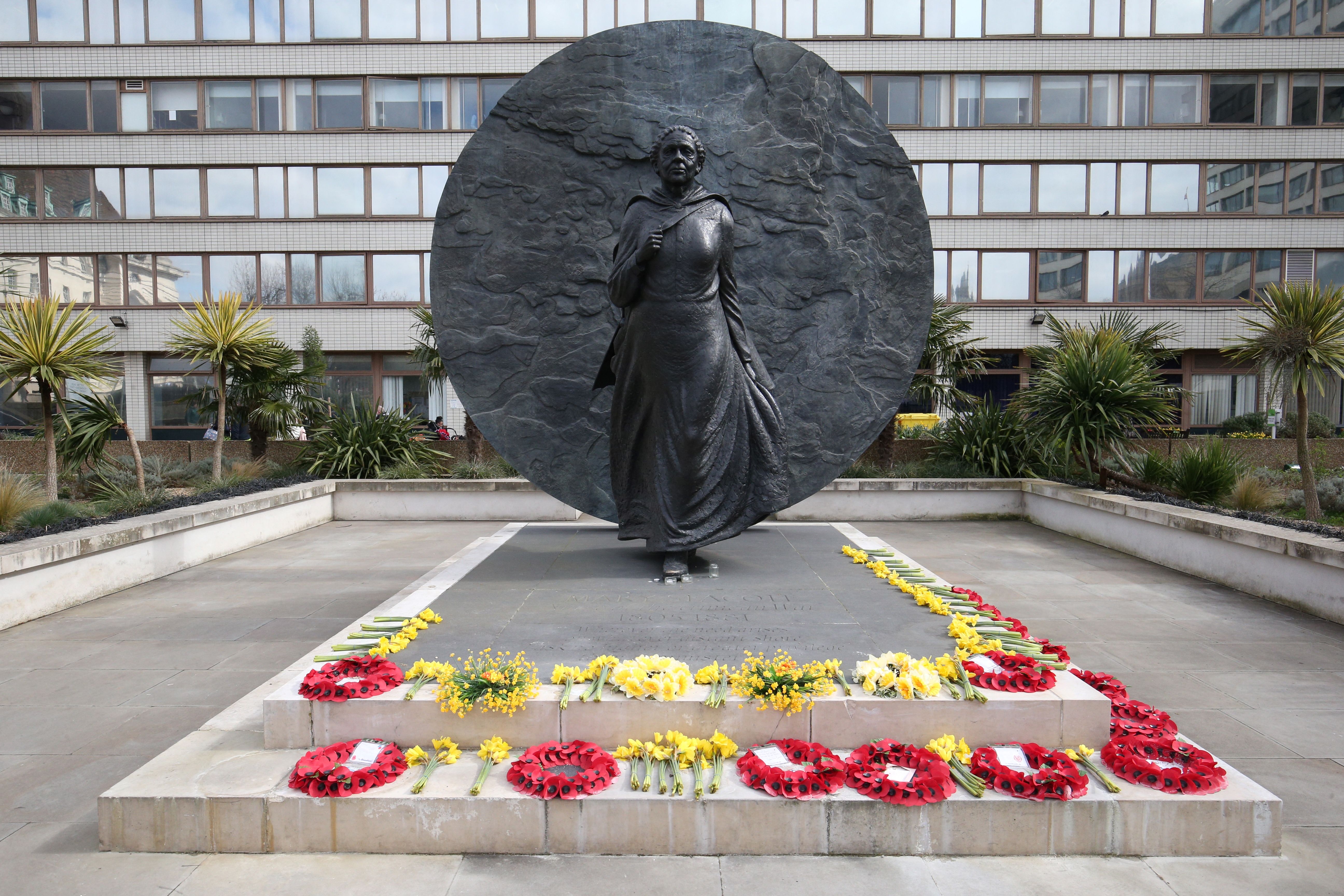The Independent's journalism is supported by our readers. When you purchase through links on our site, we may earn commission.
It’s Black History Month – how many Black historical figures can you name?
The UK knows ‘shockingly little’ about Black British history. And more than half the population could not name any Black British historical figures at all. But hang on, asks Nadine White – why are we so surprised?


It isn’t surprising to me that more than half of the people living in Britain cannot name a single Black historical figure.
This week, a new study commissioned by Bloomsbury Publishing (UK) found that the country knows “shockingly little” about Black British history. To which I would ask: why are we so taken aback?
How would people know this information if Black history is routinely omitted from the national conversation, glossed over or (even worse) distorted?
Black history is not a part of the national curriculum in England, meaning it is not compulsory to be taught across the nation’s schools – something that campaigners and teachers have been lobbying to change for a number of years. And we only focus on Black history for one token month of the year: this month.
Children are our future – and, in my opinion, it is essential that our youngest members of society are educated as early in their lives as possible.
That’s why I welcome calls to decolonise the curriculum and boost diversity in schools, colleges and universities, which have gained momentum since the Black Lives Matter movement in 2020 – but it’s still not enough.
Wales became the first nation in the UK to incorporate Black history lessons across its national curriculum in 2022. Why are England, Scotland and Northern Ireland so far behind?
It’s not because teachers don’t want to educate students about it: a recent survey of history teachers found that 78 per cent actively want training on teaching about migration, and 71 per cent want to be trained to teach about empire. So why isn’t it happening?
According to the findings of this recent survey, most people actively underestimate the scale of Britain’s involvement in the mass enslavement of African people during the transatlantic slave trade – and more than half (53 per cent) didn’t even know how many people were abducted from Africa by the British.
Of those who had a stab, they got it woefully wrong: half believed the number was 250,000 or fewer, 12 per cent thought it was more than 1 million – when the true figure is more than three times that amount. Am I surprised? Not in the least. I think I’d be more surprised if the results were the other way around and everybody knew.
As the UK’s first national newspaper race correspondent, I can see for myself how the atrocities of slavery – and its ongoing impact – are frequently sidelined or overlooked. Labour MP Bell Ribeiro-Addy, chair of the all-party parliamentary group (APPG) on Afrikan reparations, told me recently the UK has a “moral duty” to face up to the past and address reparative justice – and she’s right.
That’s one of the reasons why the inaugural parliamentary reparations conference over the weekend was so important: it provided a platform, in the heart of Westminister, for crucial conversations to take place about reparations for the colonisation, kidnap, trafficking, enslavement and continued exploitation of people of African descent across the world.
So no, don’t expect me to be shocked by the findings of this survey. To my mind, they are symptomatic of the wider issue of entrenched inequalities in a society that’s rife with structural racism.
Public and private sectors are failing on race; diversity is lagging across most organisations or often seen as mere “tick-box exercises”; the publishers of books that may educate adults about Black history are mostly white – as are the executives who could create media content that fosters learning about Black history – and race hate crimes are on the rise.
Just look at these key events from the last month alone: a 61-year-old Black man was killed in an alleged ”race hate” stabbing in Bristol, two Met Police officers were sacked after a “racist” stop and search, a millionaire businessman denied entry to a London bar has accused the venue of “racial profiling” – and a charity executive was bitten during a “racist” attack on the Tube... watched by an off-duty police officer. These are just a few examples. I could go on and on.
The general consensus appears to me to be that Black lives are not deemed as important – so, why would members of the public be able to name any Black historical figures? Can you?
If you can’t, then you’re not alone. It’s the status quo.
Join our commenting forum
Join thought-provoking conversations, follow other Independent readers and see their replies